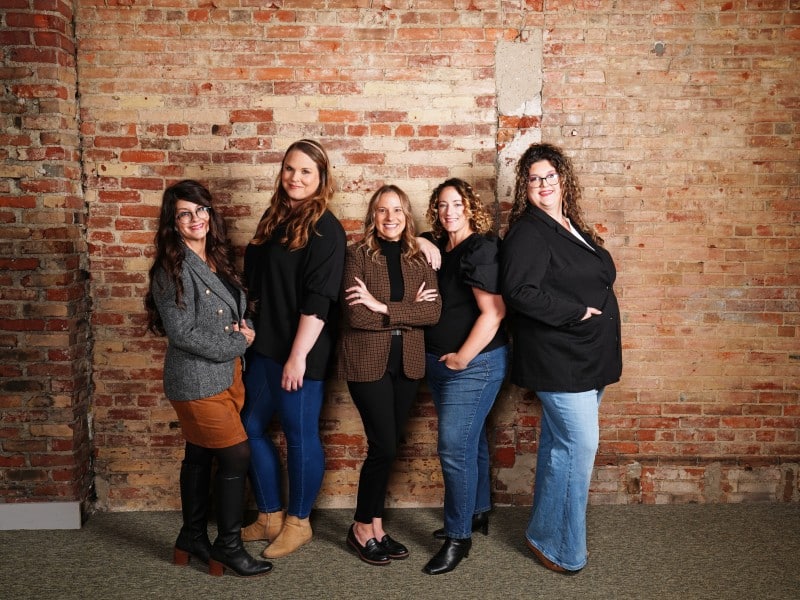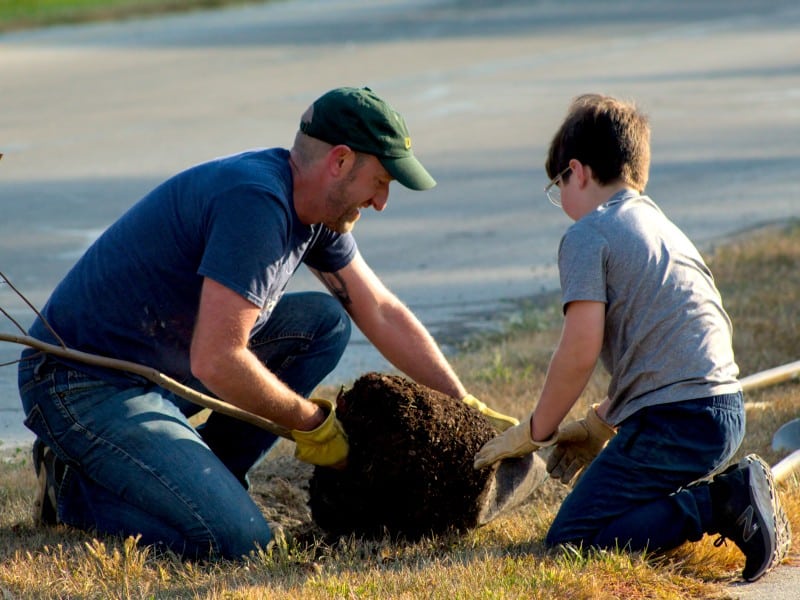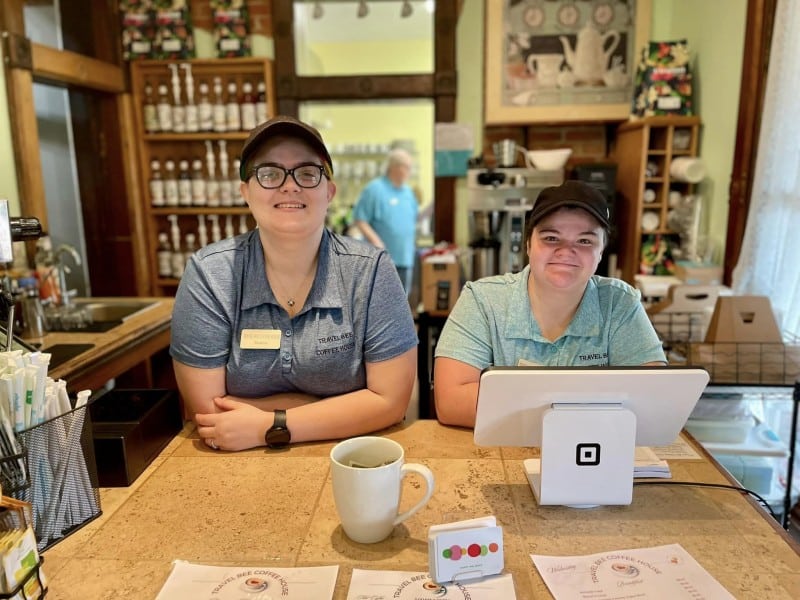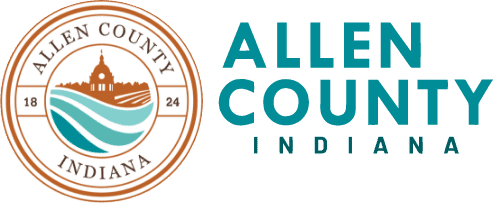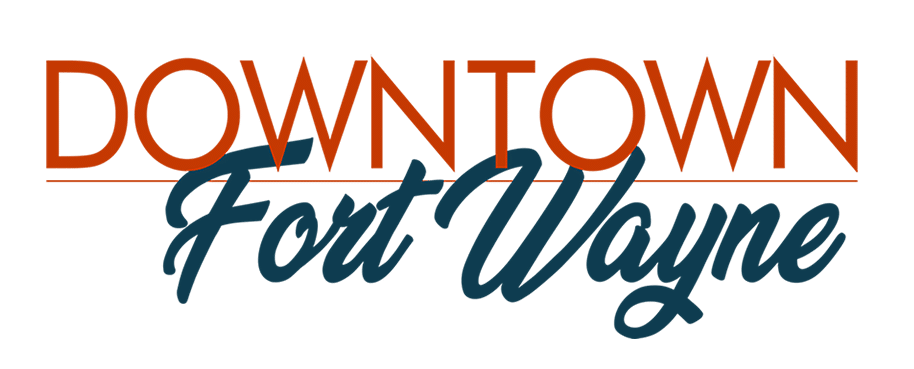The cost of convenience: Why minimarts are a bad deal for low-income areas
On the surface, increased access to food might seem like a good thing. But it often comes with a costly catch-22.

On the surface, increased access to food might seem like a good thing. But in reality—especially in areas of lower income—convenience often comes with a costly catch-22.
Fort Wayne City Councilman Glynn Hines, who has served city’s the 6th district (46803, 46806, and 46816 zip codes) for nearly two decades, is on a mission to protect his constituents from the predatory pricing models and unhealthy food options that come with the introduction of convenience stores, dollar stores, and the like.
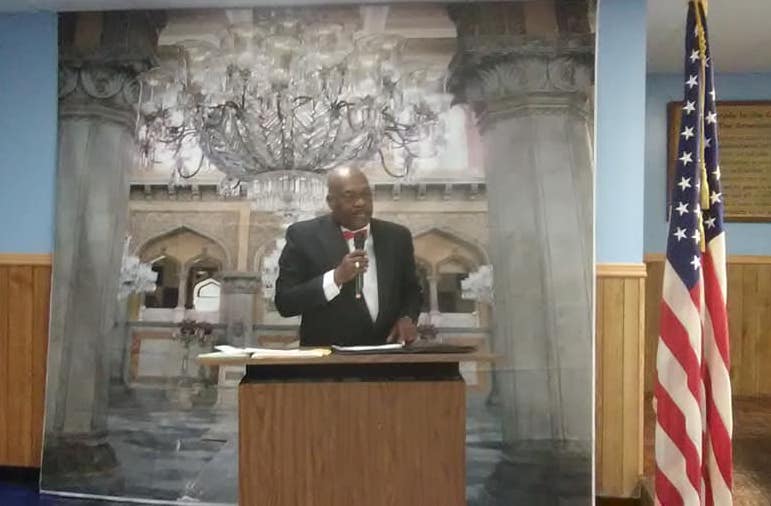
Businesses of this nature benefit from the fact that their neighborhoods are by-and-large geographically isolated from traditional brick-and-mortar stores or farmers markets that offer fresh and healthy options.
According to the United States Department of Agriculture, a food desert is a place home to at least 500 people that is more than one mile from a supermarket or large grocery store. Here, residents may be limited to shopping at small neighborhood convenience stores and corner stores.
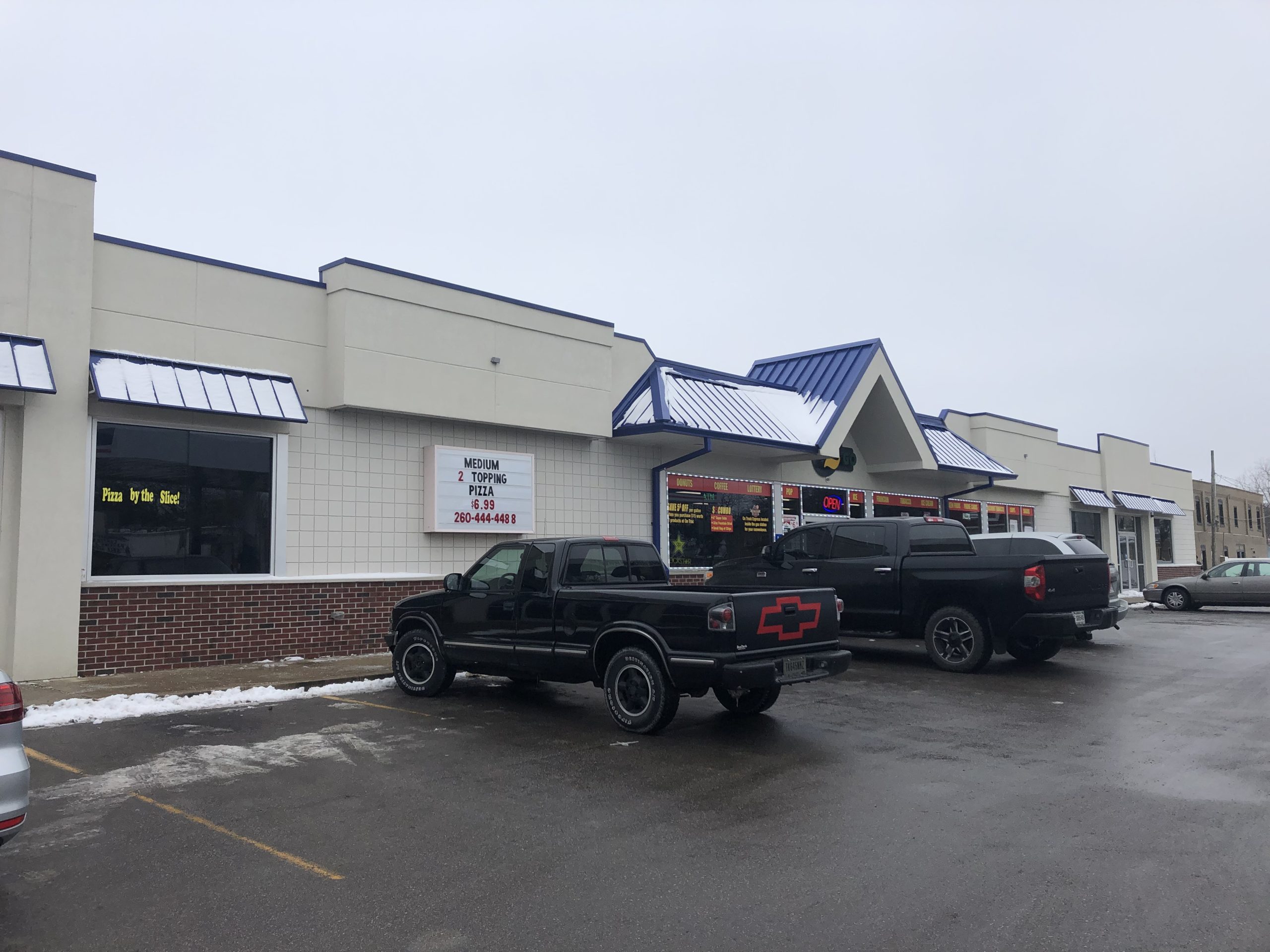
This further perpetuates health disparities in low-income neighborhoods, according to the Food Research and Action Center, a nonprofit working to eradicate poverty-related hunger and undernutrition in the U.S.
“Households with limited resources to buy enough food often try to stretch their food budgets by purchasing cheap, energy-dense foods that are filling—that is, they try to maximize their calories per dollar in order to stave off hunger,” the nonprofit explains. “While less expensive, energy-dense foods typically have lower nutritional quality and, because of overconsumption of calories, have been linked to obesity.”
This sad state of affairs has Hines equal parts concerned and incensed because it’s happening in his own backyard.
“What I’ve always done is a grassroots (approach) to find out what the issues (are) at the grassroots level,” he says. “For years, there were a few grocery stores in the area, but over time… others have left, and it’s clear 46806, 46816, 46803, and 46807 are food deserts.”
The dearth of options means that convenience stores can charge a premium for non-processed food items. For example, he’s seen convenience stores in his district charge as much as 99 cents for a single banana, when consumers pay only 49 cents a pound at most grocery stores.
Compounding the problem is the fact that these stores sell food and drink with high sugar and salt content as well as cigarettes, which Hines says are “destroying the community” in terms of health outcomes. The rates of high blood pressure, diabetes, and infant mortality in his district alone are among the highest in the state.
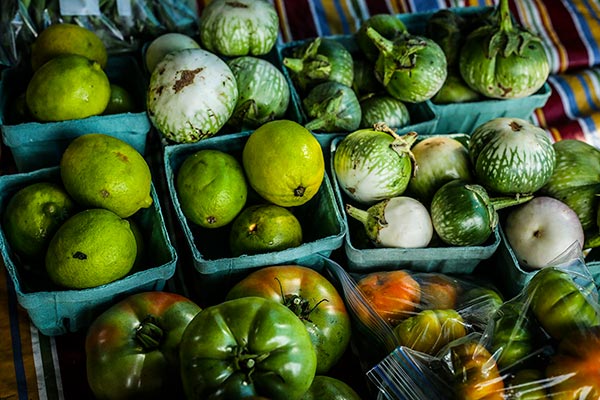
So what is the alternative? Hines is realistic in his expectations. Instead of calling for a full ban on gas stations (and their associated convenience stores), he wants limitations in place when it comes to location.
“I’m not going to stop gas stations in Fort Wayne,” he says. “ I just want to restrict them from being in the middle of a block in a residential neighborhood.”
He also believes in the power of defensive action, especially as it relates to public education. Hines says youth programs— like one offered at McMillen Park Community Center last summer— give children a chance to establish a connection with their food and adopt healthy habits as they transition into adulthood.
There’s also the power of strength in numbers, what Hines refers to as a “buy-cott.”
Instead of a boycott, he says, “it’s selectively buying from those places that actually have fresh veggies, foods, meat, and spending our dollar where it’s best utilized for ourselves.”
Shopping at the HEAL markets in Fort Wayne’s food deserts or at other farmers markets around the city is a good place to start.


